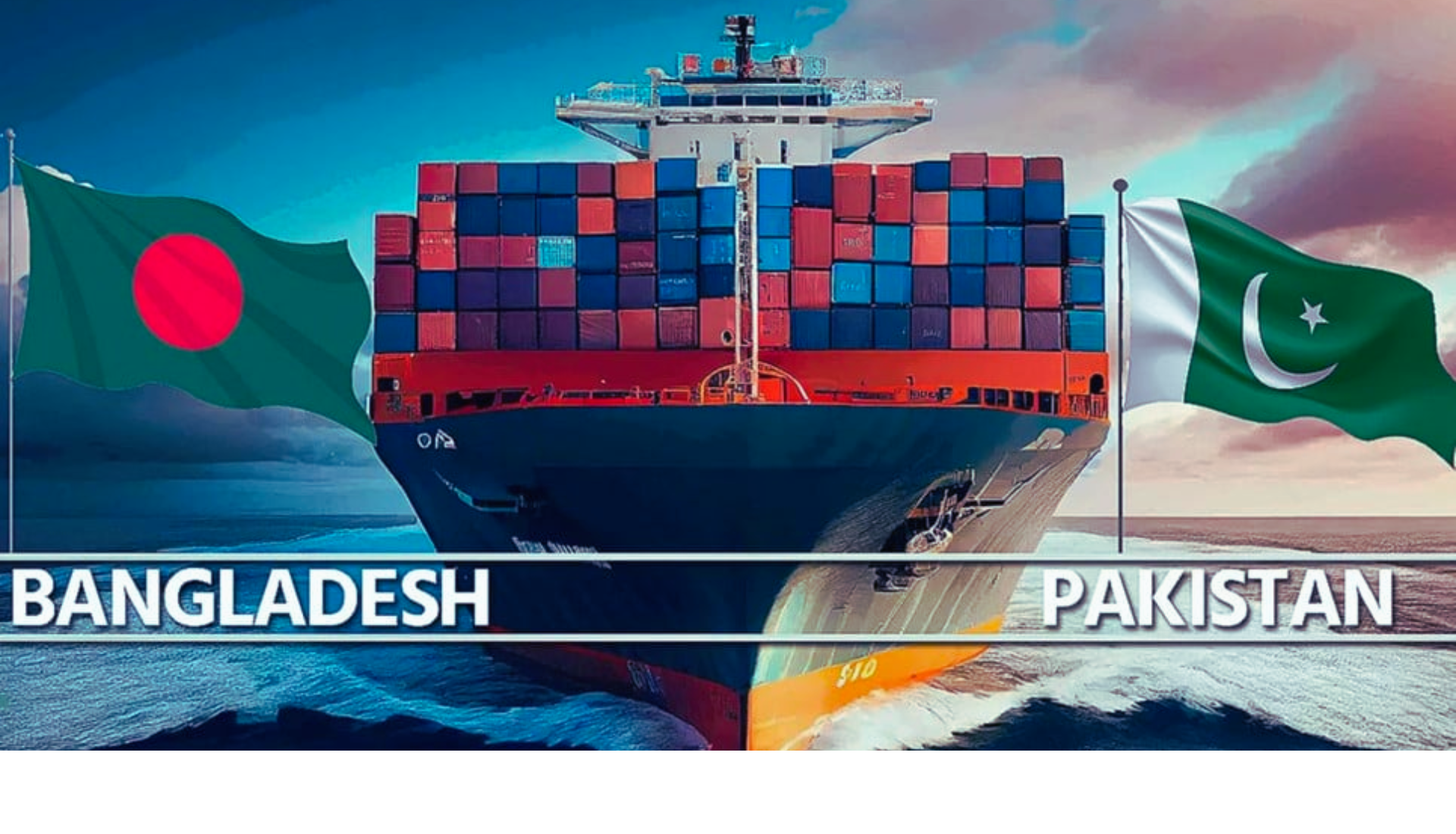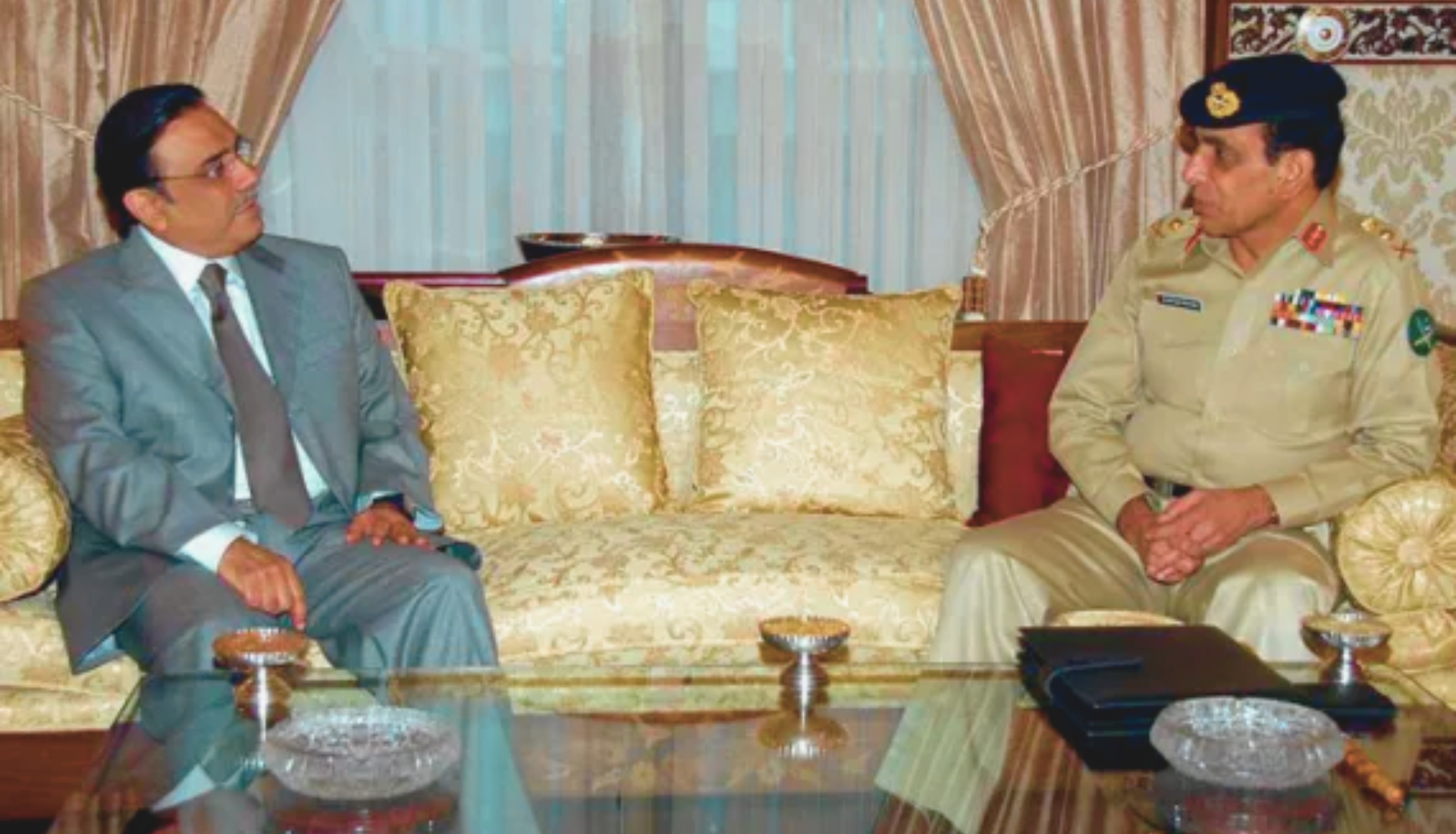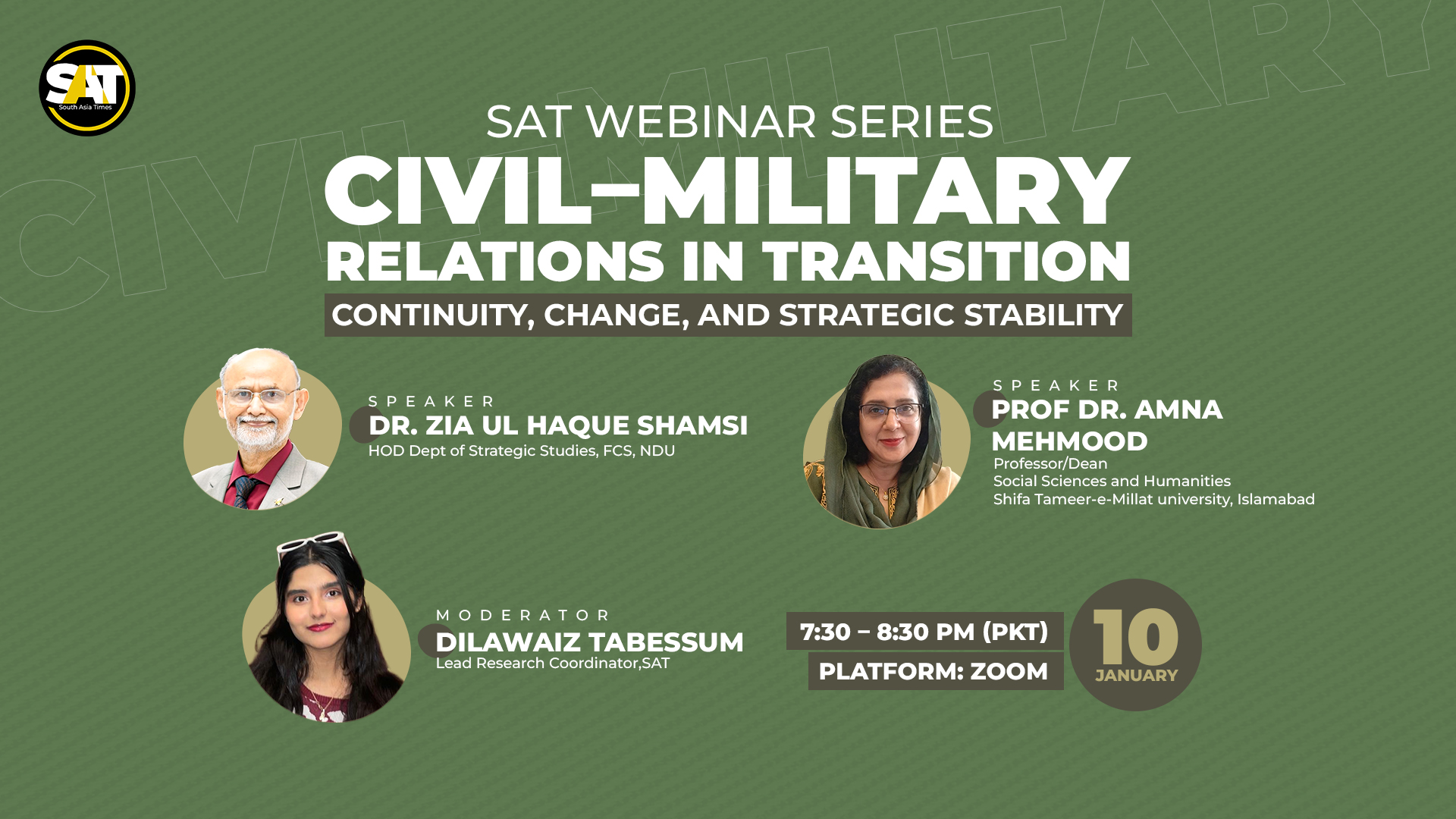German Foreign Minister Heiko Maas paid a brief visit to Islamabad to meet his Pakistani counterpart Shah Mehmood Qureshi. This visit comes as a response to Shah Mehmood Qureshi’s visit to Berlin earlier this month.
70th Anniversary
The visit marks the 70th anniversary of the establishment of diplomatic relations between the two nations. Shah Mehmood paid his gratitude to Heiko Maas for the warm and fruitful welcome by the Germans. The foreign ministers exchanged kind words before discussing serious topics related to the interest of both nations.
COVID Fight
Heiko and Qureshi discussed the bilateral cooperation and its intensification to battle the ongoing third wave of COVID-19. The third wave has surged the COVID cases around the world, especially in the subcontinent. Shah Mehmood thanked the German Foreign Minister for the effort put in by Germany to promote the COVAX initiative.
Afghan Peace
The German Foreign Minister appreciated the role Pakistan was playing in the development of peace and prosperity in the region. He specified this topic in the context of Afghanistan. He said that Pakistan has played a vital role in establishing the talks between the world and the Taliban. Heiko appreciated the dedication of Pakistan in achieving peace in Afghanistan.
In response, Shah Mehmood Qureshi appreciated German support. He further told that the withdrawal of troops from Afghanistan is being closely observed by Pakistan. Likewise, adequate steps will be taken to ensure a safe evacuation of troops. Moreover, Qureshi warned of some countries that were trying to disrupt the ongoing peace process and are trying to undermine any possibility that can lead to ultimate peace in Afghanistan. Shah Mehmood added that the stakeholders must take precautions and ensure peace in Afghanistan through political settlement and not through force. Pakistan’s foreign minister highlighted that peace in Afghanistan will benefit the region with enhanced trade links and regional connectivity.
Shah Mehmood emphasized the fact with change in time and change in the environment in the region, Pakistan has decided to change its foreign policy as well as internal policies (that have a major role in foreign policy) without challenging national security. He said that this shift was from geo-political to geo-economic, as it will be conducted while securing economic, as well as, defence of the region.
Both foreign ministers later celebrated the 70th anniversary of cooperation between the two countries. The event highlighted the important events that took place during these 70 years of cooperation and bilateral ties.





